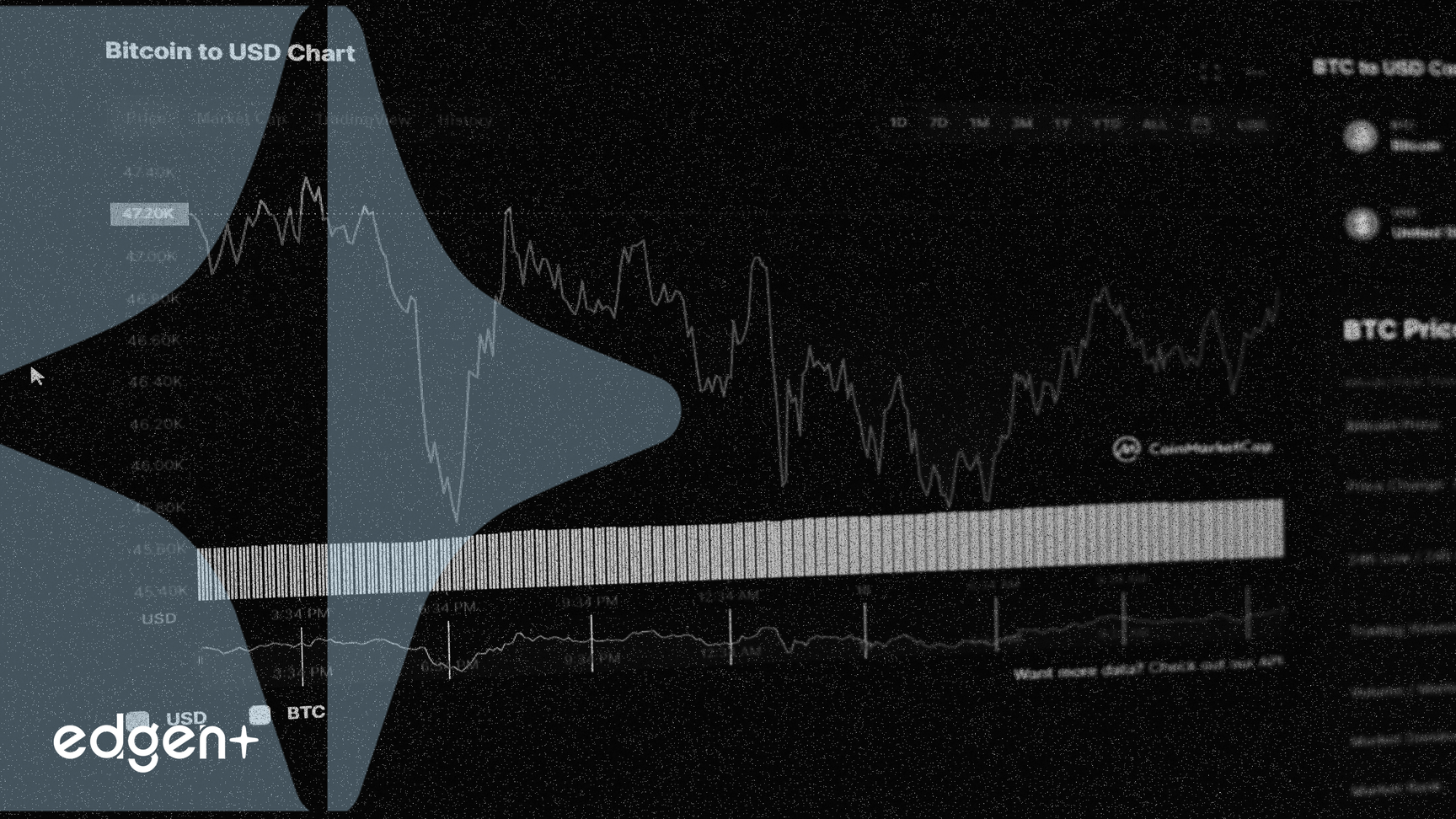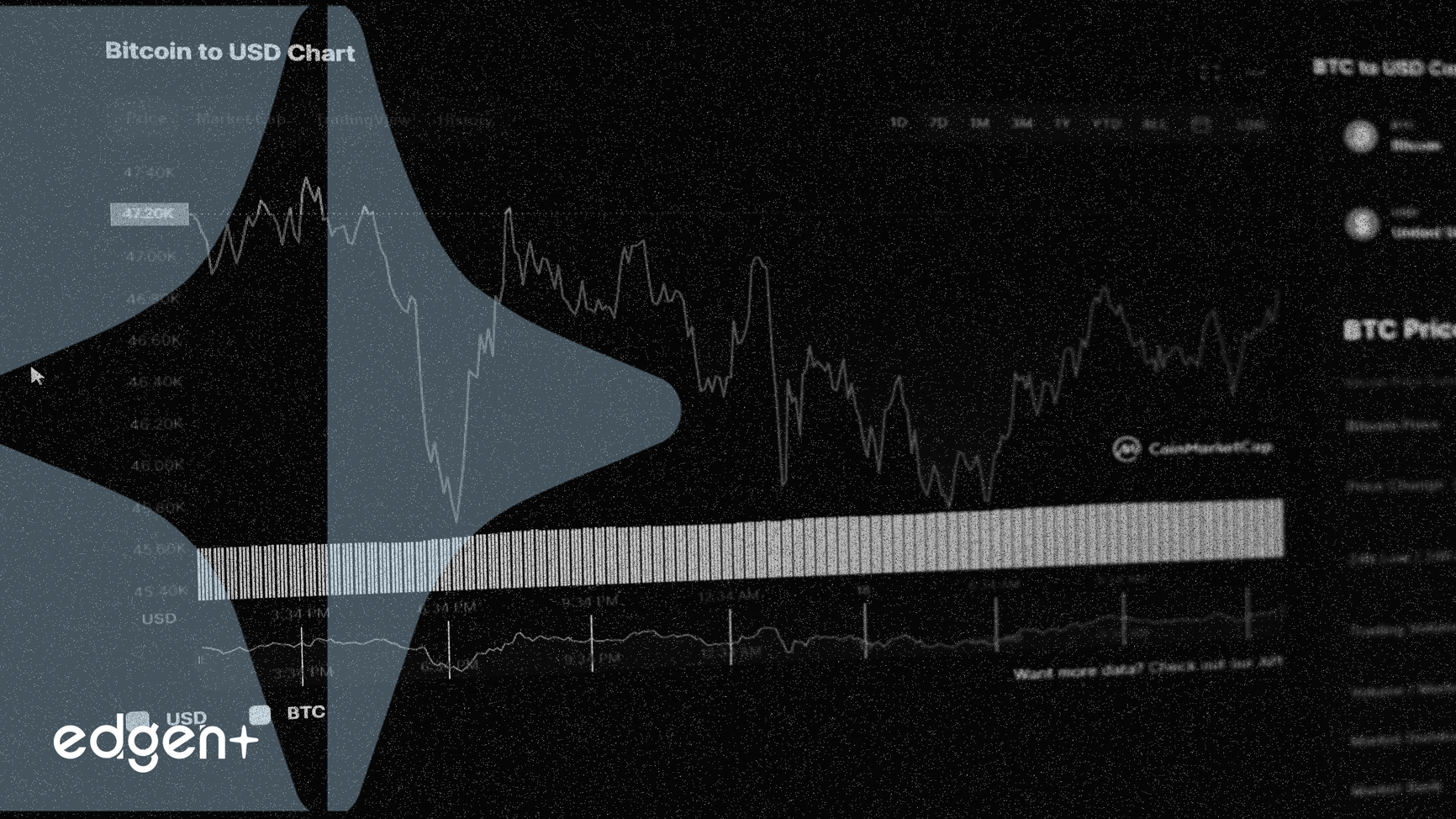Ongoing trade negotiations between the United States and China have yielded a framework agreement for TikTok's US operations, while simultaneously intensifying regulatory pressures on Nvidia, prompting a strategic pivot for the semiconductor giant and accelerating the growth of China's domestic AI sector.
US-China Trade Dynamics Shape Tech Sector Fortunes
US-China trade negotiations continue to unfold, presenting a mixed bag for the technology sector. While a framework agreement has been reached regarding the future of TikTok in the United States, significant sticking points persist, particularly concerning market access for US technology firms and the burgeoning artificial intelligence (AI) sector in China. This evolving geopolitical landscape introduces considerable uncertainty for investors, creating both challenges for global players like Nvidia and opportunities for emerging Chinese AI companies.
The Event in Detail: TikTok Resolution and Nvidia's Regulatory Headwinds
On September 16, 2025, a landmark framework agreement was announced, allowing TikTok to continue its operations in the US. This deal, expected to be finalized, will see TikTok's American operations transferred to a US-based consortium, including Oracle, Andreessen Horowitz, and Silver Lake Management, which will collectively own approximately 80% of the entity. ByteDance, TikTok's Chinese parent company, will reduce its stake to below 20% to comply with US national security regulations. Oracle is slated to manage user data from its Texas data centers, expanding its "Project Texas" initiative. Despite this resolution, a central point of contention remains the fate of TikTok's powerful recommendation algorithm, which China has indicated a desire to license, conflicting with US demands for complete divestiture due to national security concerns.
In contrast, Nvidia (NVDA), a leading semiconductor company, faced immediate challenges. On the same day, Nvidia shares ended flat after China initiated an antitrust investigation into its 2020 acquisition of Mellanox Technologies. Preliminary findings in September 2025 allege Nvidia violated Chinese antitrust law by failing to supply advanced GPU chips to the Chinese market and engaging in anti-competitive practices. This probe is widely perceived as a retaliatory measure by Beijing amid broader US-China trade tensions.
Simultaneously, Chinese tech stocks demonstrated significant strength. The Hang Seng Tech Index surged 4.2%, contributing to a 42% year-to-date gain, fueled by substantial AI investments and state-backed domestic chip adoption strategies. Major Chinese AI companies like Alibaba, Tencent, Minimax, and Moonshot are either emerging as beneficiaries or expanding their market presence.
Analysis of Market Reaction: Divergent Paths for Tech Giants
The news of progress in the US-China trade talks and the TikTok framework agreement significantly boosted investor sentiment, leading to record highs for major US indices. On September 16, 2025, the S&P 500 and Nasdaq Composite closed higher, with the Nasdaq climbing 0.9% to 22,348.75. Alphabet Inc. (GOOGL) jumped 4.5%, surpassing a $3 trillion market capitalization, and Tesla, Inc. (TSLA) gained 3.6%. Oracle shares initially rose nearly 6%, reflecting optimism about its expanded partnership with TikTok.
However, the implications for Nvidia highlight the delicate balance of operating within a complex geopolitical environment. The antitrust probe, coupled with recent directives from Beijing reportedly halting purchases of Nvidia's cutting-edge AI chips, cast a long shadow over the company's significant presence in the lucrative Chinese market. Analysts estimate hundreds of millions in lost sales for Nvidia in the current quarter, with projections suggesting a potential 5% to 10% reduction in its overall revenue forecasts for 2026 if the bans persist. Nvidia's market share in China, once dominant at 90-95%, has plummeted to around 50%, with local competitors rapidly gaining ground. This underscores the strategic pivot China is making towards self-reliance in AI chips.
Broader Context and Implications: Reshaping the Global AI Landscape
Beyond the immediate headlines, the broader US-China trade tensions continue to impact corporate investment strategies. A survey by the US-China Business Council (USCBC) revealed that only 48% of US companies plan to invest in China in 2025, a sharp decrease from 80% in 2024, with tariffs ranking as a pressing challenge. This indicates that while the TikTok agreement addresses one significant point of contention, other substantial trade and technology policy issues persist, influencing long-term corporate decisions and market outlook.
Conversely, foreign investors are showing renewed interest in Chinese equities after years of skepticism. The Shanghai Composite index recently reached a decade high, while Hong Kong's benchmark hit a four-year peak, reflecting improved market sentiment. This shift is driven by China's advancements in AI, semiconductors, and biotechnology, alongside a growing need for diversification away from US assets. Data from Morgan Stanley indicates that August marked the largest monthly influx of capital into Chinese stocks by global hedge funds in six months. Chinese tech firms are pouring substantial capital into AI development, with projected expenditures expected to exceed $32 billion in 2025, up from $13 billion in 2023.
Financially, key Chinese tech players are demonstrating robust performance. Tencent reported a 13% year-over-year revenue increase in Q1, with net income growing 22%. Alibaba saw sales grow 7% year-over-year in fiscal Q4 2025, with its Alibaba Cloud segment achieving an accelerated 18% revenue growth, powered by sustained triple-digit growth in AI-related products. While Baidu trades at a discount due to high R&D costs, its AI Cloud segment grew 26% in late 2024, signaling long-term potential.
Expert Commentary: Perspectives on a Shifting Market
Brett Barna, a former hedge fund manager, noted that the onshore A-share market in China is largely uncorrelated with global markets, making it an attractive option for investors seeking alternatives to crowded US assets.
Nvidia CEO Jensen Huang has openly acknowledged the severity of the situation, stating that China's $50 billion AI chip market is now "effectively closed to US industry" for Nvidia's most advanced data center products.
Fund manager Jerry Wu emphasized the revaluation of innovative Chinese assets, particularly in the AI sector, where companies like DeepSeek are emerging as strong competitors.
Benjamin Low, a senior investment director at Cambridge Associates, reported a significant increase in client inquiries regarding China funds this year, contrasting sharply with the lack of interest seen in 2023.
Looking Ahead: Continued Volatility and Strategic Shifts
The coming months will be critical for both US and Chinese tech firms. The finalization of the TikTok deal and the resolution of the algorithm control issue will set a precedent for global technology platforms. For Nvidia, strategic agility will be paramount as it navigates the loss of significant revenue and market share in China. The company will need to diversify its customer base, invest in compliance, and accelerate the development of specialized, compliant chips to mitigate geopolitical headwinds. Analysts project Nvidia's earnings per share could reach $16 by fiscal 2029, potentially pushing the stock to $320-$400, but this assumes a resolution of US-China tensions and minimal disruption.
On the Chinese front, the government's push for domestic solutions will continue to foster a robust local AI ecosystem, with companies like Alibaba, Tencent, and Baidu expanding their in-house chip programs and cloud infrastructure. The evolving regulatory landscape, both domestically and internationally, will remain a critical factor influencing the trajectory of the semiconductor and AI markets globally. Investors should monitor ongoing trade negotiations, regulatory developments, and the strategic responses of key tech players to effectively gauge market direction in this highly dynamic environment. Financial market participants will be keenly watching for further clarity on export controls, antitrust investigations, and the long-term impact on global supply chains for AI technology.



